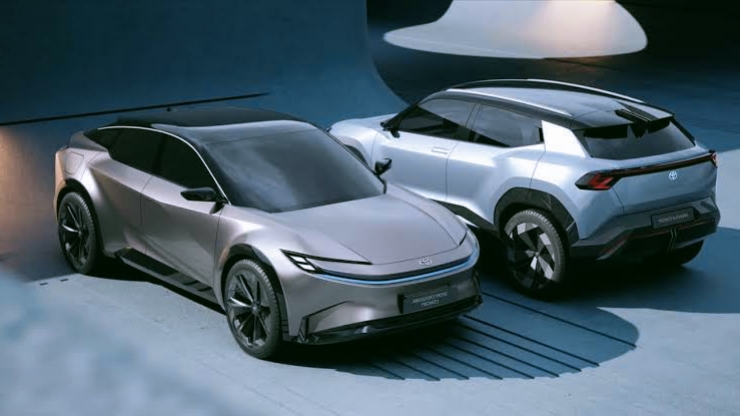Automotive Spotlight & Review
Exclusive: Toyota’s Solid-State Battery Breakthrough

In a move that has shaken the global electric vehicle (EV) industry, Toyota Motor Corporation has unveiled its most ambitious innovation, yet, a solid-state battery promising a driving range of up to 1,000 miles (1,600 km) on a single charge and recharge times as short as five minutes.
Also Read: 2026 Toyota Camry Hybrid: Redefined for Efficiency, Comfort, and Value

This announcement places Toyota ahead in the race for next-generation EV batteries, challenging the dominance of Tesla, BYD, and other key players. With this development, the Japanese automaker could be on the verge of solving two of the biggest challenges holding back electric mobility: range anxiety and charging time.
What Makes Solid-State Different?
Unlike the lithium-ion batteries currently used in most EVs, solid-state batteries replace the liquid electrolyte with a solid one. This allows:
- Higher energy density – enabling vehicles to store more power in smaller, lighter packs.
- Faster charging times – reducing recharging from hours to minutes.
- Improved safety – lowering the risk of fires or thermal runaway.
Toyota claims its latest prototypes can safely deliver unprecedented mileage while charging in a fraction of the time it takes today’s lithium-ion EVs.
Why This Is a Bombshell for the EV Market
While Tesla has focused on improving lithium-ion performance through its 4680 battery cells, Toyota has quietly invested billions into solid-state research. The result is a leapfrog innovation that could redefine market competition.
Industry analysts suggest that if Toyota can mass-produce this technology at scale and competitive cost, it would effectively eliminate the two major objections to EV adoption: long charging times and limited range.
Potential Impact
- End of Range Anxiety: A single charge covering Lagos to Maiduguri (over 1,600 km) without refueling.
- Rapid Charging Stations: Charging an EV in the time it takes to grab coffee could make fueling convenience equal to, or better than, petrol stations.
- Market Shake-Up: Tesla, BYD, Hyundai, and Volkswagen will be forced to accelerate their own solid-state programs or risk losing market share.
The Questions That Remain
Despite the excitement, experts caution that scaling up solid-state production remains a challenge. Concerns include:
- Durability: Ensuring the batteries last for hundreds of thousands of miles without degrading.
- Cost: Making the technology affordable to mass-market buyers, not just premium luxury cars.
- Timeline: Toyota has not given a firm release date but hinted at the late 2020s for commercial rollout.
Conclusion
The Toyota solid-state battery announcement marks a turning point in the global EV race. If the company delivers on its promise, the Camry, Corolla, or RAV4 of the future could travel across entire countries on a single charge and refuel in minutes, an evolution that would change not just the auto industry, but the entire global energy landscape.













